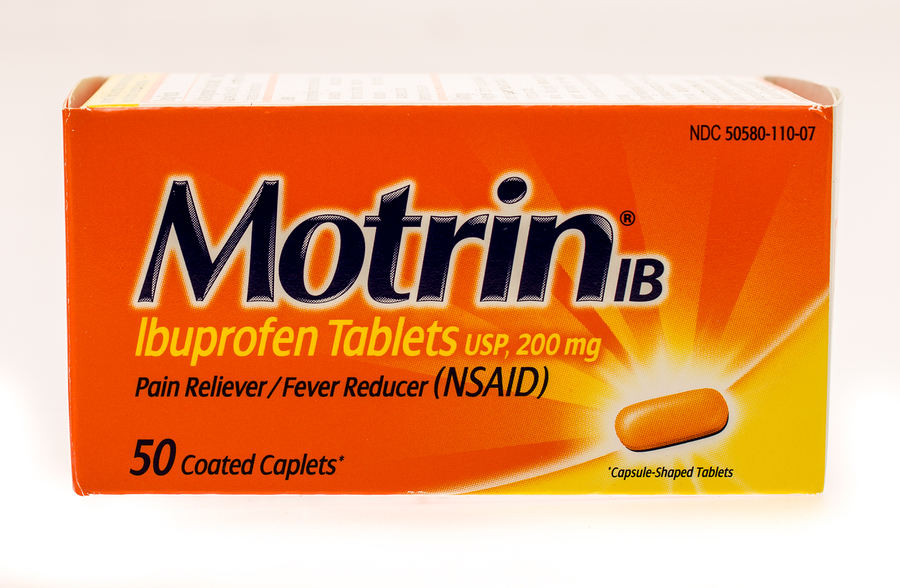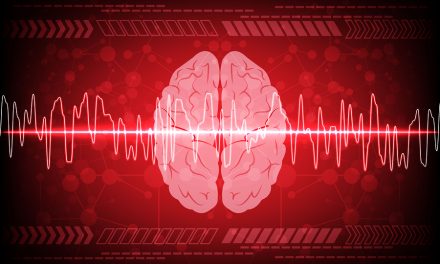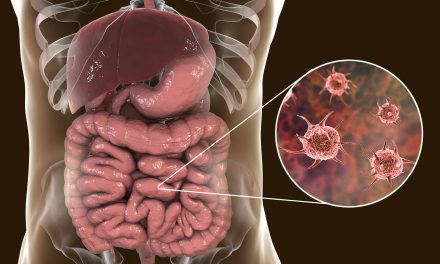A recent study from Denmark that was published in the European Heart Journal has found that taking Ibuprofen, the popular over-the counter painkiller is linked to a 31% increased risk of cardiac arrest, among other things. But, it wasn’t just Ibuprofen, other common painkillers also fell under this category, known as non-steroidal anti-inflammatory drugs (NSAIDs). In fact, other drugs in this category, like Tylenol, had an even higher risk.
The authors found that the general public views these painkillers as completely harmless and therefore their use has become second nature the second they experience even slight pain. But, study lead Dr. Gunnar H. Gislason, a professor of cardiology at Cophenhagen University Hospital Gentofte, feels that allowing those drugs to be purchased without a prescription, “and without any advice or restrictions, sends a message to the public that they are safe.”
However, NSAIDs are not harmless; they exert numerous effects on the cardiovascular system, such as, influencing platelet aggregation and causing blood clots, causing the arteries to constrict, increasing fluid retention, and raising blood pressure.
The Dr. goes on to say,
“The current message being sent to the public about NSAIDs is wrong. If you can buy these drugs in a convenience store then you probably think ‘they must be safe for me.’ Our study adds to the evidence about the adverse cardiovascular effects of NSAIDs and confirms that they should be taken seriously, and used only after consulting a healthcare professional.”
The study used data from the nationwide Danish Cardiac Arrest Registry from all patients who had a cardiac arrest incident, outside of a hospital in Denmark, between 2001 and 2010. They also collected data on all redeemed prescriptions for NSAIDs from pharmacies in Denmark since 1995.
Examining a total of 28,947 patients who had an out-of-hospital cardiac arrest in Denmark, the study found that “3,376 of these patients were treated with an NSAID up to 30 days before their event; Ibuprofen was one of the most common used NSAIDs, making up 51% of total NSAID use.”
Dr. Peter Gotzsche, co-founder of the Cochrane Collaboration (the world’s most foremost body in assessing medical evidence), estimates that every year in the US, 100,000 people die from the side-effects of correctly used prescription drugs. (It’s interesting to note that the government says NOTHING about this all the while trying hard to keep marijuana illegal because it’s so “dangerous.”)
The good doctor also recommends we should all avoid the following:
- Antidepressants- they very likely don’t even work for severe cases of depression
- Brain-active drugs in children
- Anti-psychotics and other brain-active drugs for the elderly; psychotropic drugs should be used as little as possible and mostly in very acute situations, as they are very harmful when used as long-term Anti-dementia drugs (it’s also likely they don’t work)
- Non-steroidal anti-inflammatory drugs used for arthritis, muscle pain and headaches, including over-the-counter, low-dose ibuprofen- these drugs should be used as little as possible.
- Mammography screening- it doesn’t prolong life but makes many healthy women ill through overdiagnosis and leads to the premature death for some because radiotherapy and chemotherapy increases mortality when used for harmless cancers detected at screening
- Urinary incontinence drugs, they very likely don’t work
Now, before you worry that you’re going to have to live your life in pain- don’t. There are many other ways to treat pain:
- Treating Pain Without Drugs
- Exercises to Relieve Sciatica and Low Back Pain
- Acupuncture: Why It Works
- Uplift Your Mood With Wintergreen Oil
- Marijuana Research Supports Its Safety and Benefits
- The Ancient Oil Used to Fight Migraines, Depression, Anxiety and Cancer for Thousands of Years
Source: Collective Evolution












